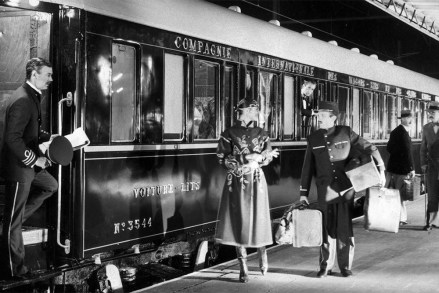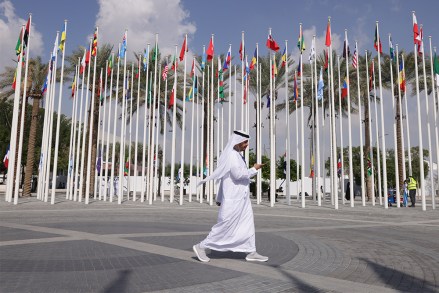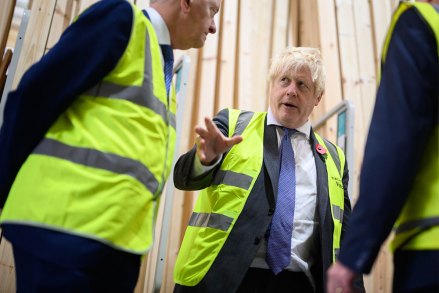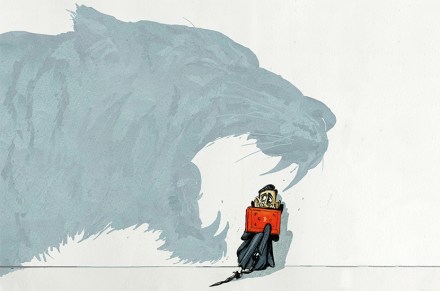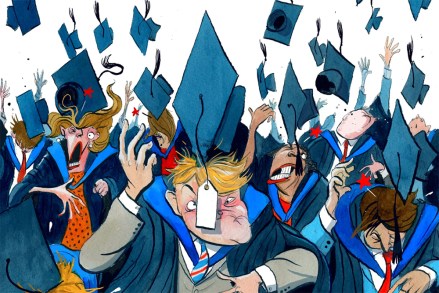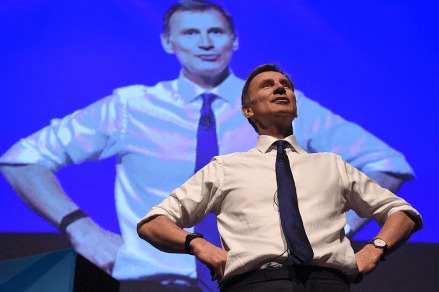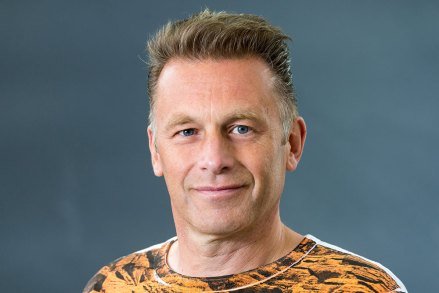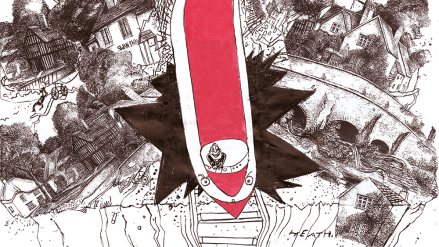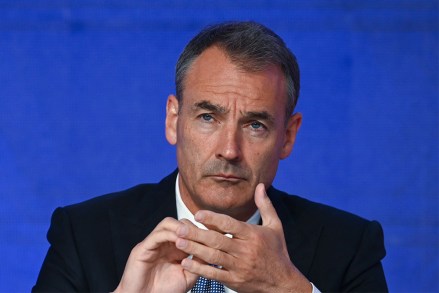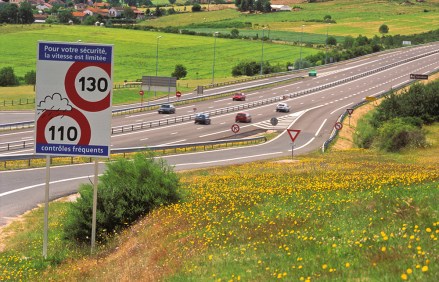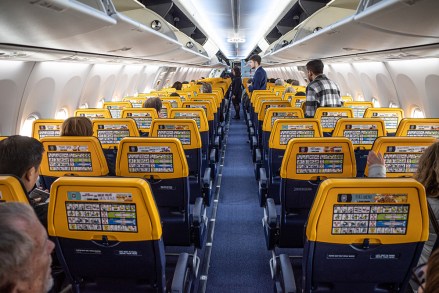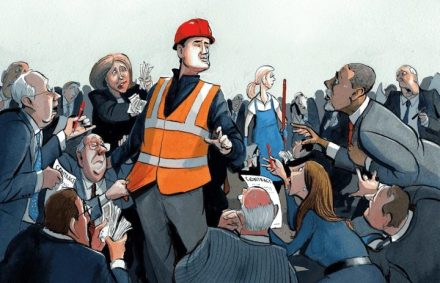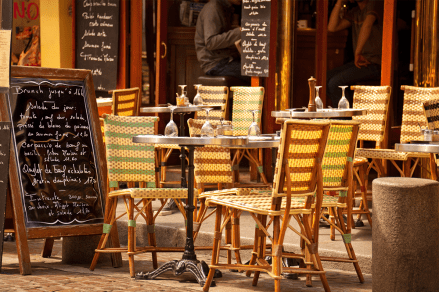Thank goodness for the Christmas elf of York station
It’s 10 o’clock on a Friday evening in early December. My crowded northbound train departed King’s Cross two hours late and has lost two more between Newark and Retford. Overhead line trouble, we’re told; engineers on the line. I’ve read this week’s Spectator from cover to cover. I’ve exchanged emails with friends in Los Angeles,
